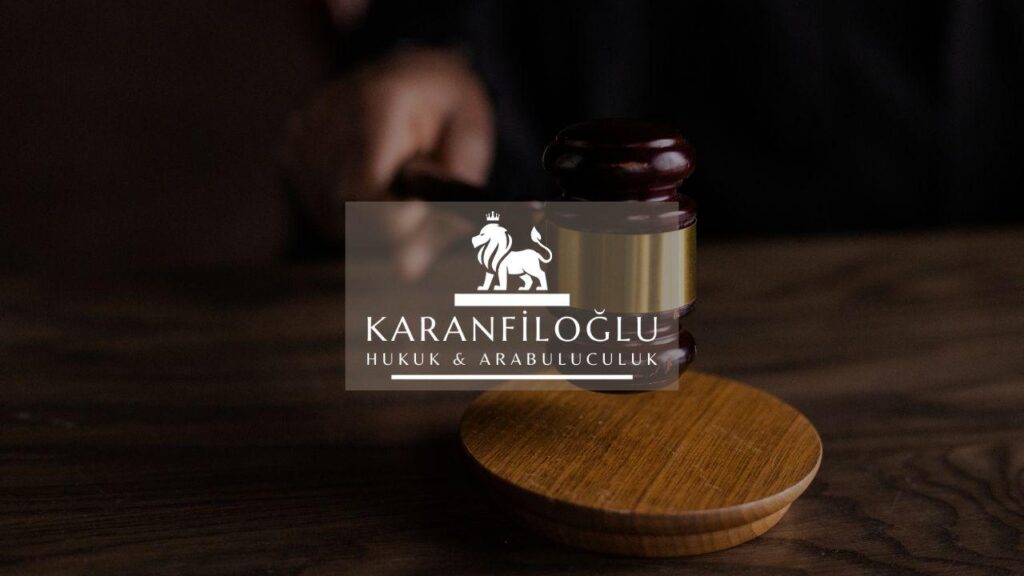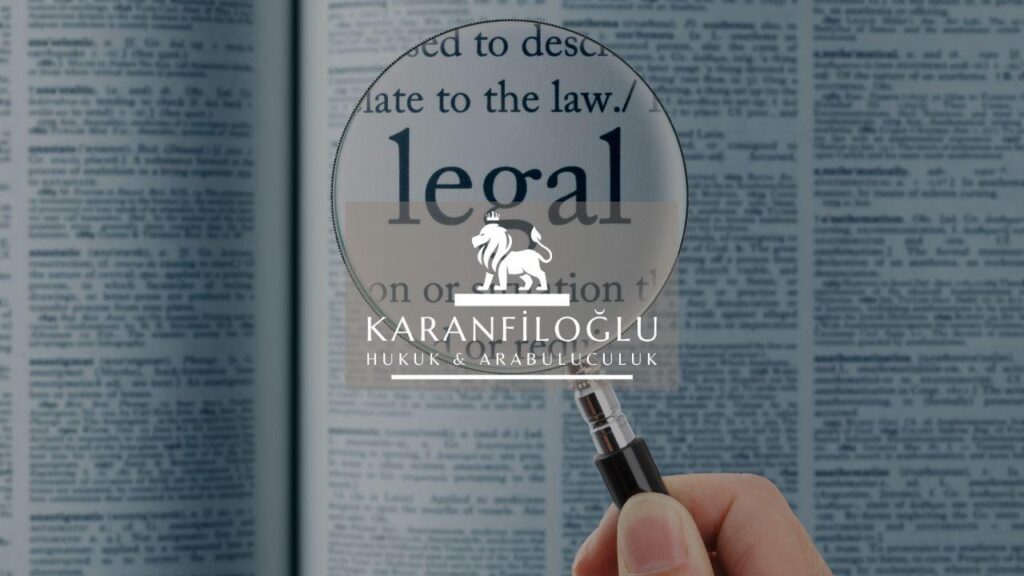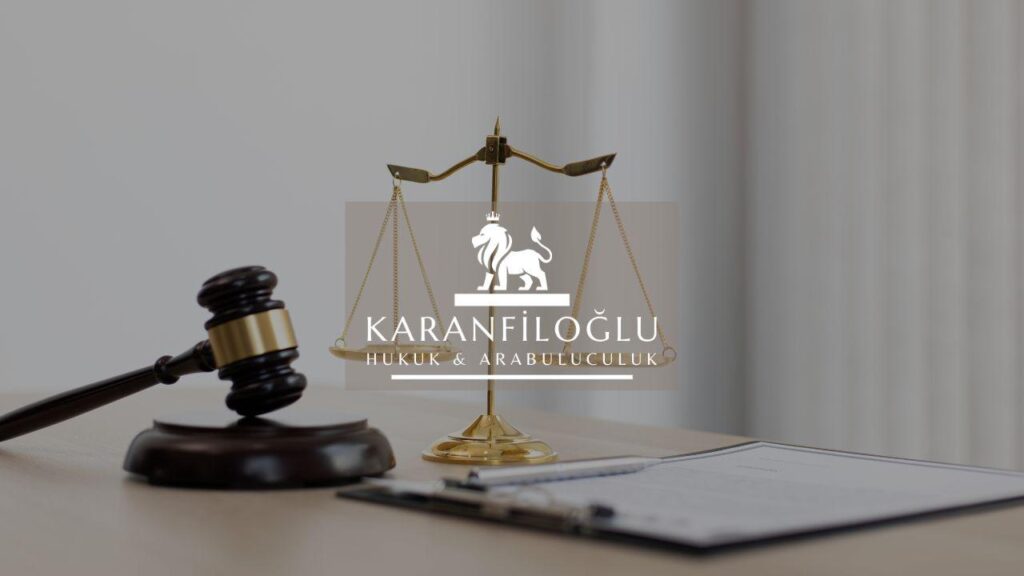Drafting a testament is more than just a document; it’s peace of mind. The legal importance of wills can’t be overstated. They are the backbone of estate planning, ensuring your wishes are honored. Consider this: without a last will and testament, your assets might not reach the rightful hands. A 2023 survey found that over 60% of adults lack testamentary documents, leaving their futures uncertain. Does this sound like a risk worth taking? Testament drafting secures your legacy and care for loved ones when you’re gone. This is not only a smart choice but a necessary one. Why leave your loved ones in chaos when a single document can bring clarity? It’s an essential step in estate planning, offering a clear roadmap for asset distribution. So, have you thought about starting your testament drafting journey? It could be the most important decision you make for your peace of mind and the well-being of those you leave behind.
Understanding the Essential Components of a Valid Testament
A valid testament encompasses several crucial components. To begin with, clear identification details of the testator are necessary to avoid any legal disputes. The testament must explicitly list the beneficiaries, leaving no room for misinterpretation or contention. Further, the document should outline asset distribution with specificity, ensuring fairness in estate planning. Equally important, appointing a trustworthy executor is vital. This individual has the responsibility to carry out the testator’s wishes, making the process of testament drafting more organized and efficient. Inclusion of a revocation clause safeguards the document’s legal standing, nullifying prior wills. An often-overlooked element is witnessing—minimum of two witnesses are essential, bolstering the legal importance of wills. Lastly, the testator’s signature, along with those of the witnesses, finalizes the document. A well-crafted last will and testament can serve as a testamentary document that stands the test of time, ensuring a smooth transition of your legacy.
Testament drafting demands keen attention to detail. Every last will and testament should start with a plain statement of purpose, signaling the testator’s clear intent. Without this, the legal importance of wills comes under scrutiny. Remember, every word counts in estate planning, so straightforward language is your ally. The testament acts as the final say in testamentary documents, declaring what should happen to properties and guardianship of minors. Specificity in these areas ensures your intentions are honored and avoids posthumous squabbles. Furthermore, a revocation clause is non-negotiable. This element solidifies the will’s current relevance, erasing any doubts caused by older wills. In testament drafting, dated signatures affixed properly by the testator and witnesses seal the deal. They leave no room for future disputes and emphasize the testament’s binding nature. In crafting this document, focus on clarity and precision, declaring your wishes with unwavering confidence.
Understanding the essential components of a valid testament is crucial in testament drafting. Start with concise language that leaves no room for doubt in estate planning. A compelling declaration of intent sets the stage for a legally sound document. Identify the testator and all beneficiaries clearly to prevent any potential disputes. Remember the legal importance of wills hinges on precision; specify each asset, its recipient, and any conditions attached. This specificity in your last will and testament is your shield against future misunderstandings. Don’t forget the importance of choosing the right executor, as this person will ensure that testamentary documents are implemented effectively. Require three key elements: the revocation clause, to declare this testament as the most current; the testator’s signature; and witness endorsements. These elements ensure your last will stands as a testimony to your wishes, supported by a solid legal framework.
Common Pitfalls in Testament Drafting and How to Avoid Them
Testament drafting isn’t just about putting pen to paper. It’s crucial to be aware of common pitfalls that can lead to confusion and disputes. One major misstep is vagueness. If instructions in your testament are unclear, it can cause rifts among heirs. Imagine leaving your house to “the family” without specifying whom. Another issue is failing to update the document after significant life changes, like marriage or the birth of a child. Neglecting these updates could mean your last will and testament no longer reflects your current wishes. Also, not recognizing legal formalities may render your testamentary documents invalid. Always ensure witnesses are present and necessary signatures are obtained. Planning conversations can feel daunting, but estate planning experts can help navigate these waters. By understanding and avoiding these common mistakes, you uphold the legal importance of wills and safeguard your intentions.
Mistakes in testament drafting can turn your good intentions into a legal quagmire. For instance, if you include outdated information, it could lead to disputes. Remember, estate planning demands accuracy. Ensure that your executor, the one tasked with carrying out your will, is clearly designated. Without identification, you leave room for unnecessary legal battles. Details matter—each testamentary document should specify asset distribution meticulously. It’s the legal importance of wills at play, securing a seamless asset division. Forget to sign, and your last will and testament might be deemed invalid, nullifying your efforts. To avoid this, adhere to relevant laws, and engage professionals if needed. They’re adept at deciphering complexities of locale-specific regulations, offering peace of mind. Bear in mind, testament drafting is your voice when you can’t speak. Don’t let careless errors drown it out. Secure your legacy with the diligence it deserves.
Consider the implications of naming beneficiaries without real thought. Misidentifying individuals or listing someone who predeceased you introduces chaos. Estate planning is not just vital but must be precise in testament drafting. Review your testamentary documents regularly to keep them aligned with life shifts. Like a captain steering a ship through a storm, clarity in your last will and testament is crucial. Do you wish to leave specific heirlooms to certain heirs? Then articulate it clearly. Avoid telling families to “divide equally,” which could spawn feuds over sentimental and financial value. The legal importance of wills lies in their precision and clarity. Employ straightforward language that cuts through ambiguity. If complexities baffle, enlist expert help. Professionals bring an eagle-eyed view to ensure no pebble is left unturned in your directive’s precision. Remember, testament drafting is an art and a science—one that etches your intentions into tangible security.
The Role of Legal Counsel in Creating a Testamentary Document
Engaging a legal counsel in testament drafting is like having a skilled captain navigate the rocky waters of estate planning. Their expertise in creating testamentary documents assures your last will and testament aligns with legal requirements and reflects your wishes. Think of them as your personal guide through the intricate process of drafting, ensuring all i’s are dotted and t’s are crossed. Would you build a house without a blueprint? Likely not. Similarly, a testament crafted without expert guidance might leave vulnerabilities, risking your legacy. Legal importance of wills stems from their capacity to prevent disputes, and seasoned counsel plays a crucial role in this preventive aspect. They help clarify complex jargon, offer tailored advice, and secure airtight clauses, providing a safeguard for your assets and peace for your heirs. By leveraging their knowledge, you’re not just drafting a document, you’re building a secure future.
Legal counsel’s role in testament drafting is indispensable. These professionals offer expertise that transforms a simple document into a comprehensive, legally-binding asset blueprint. Without their guidance, the legal importance of wills and estate planning can become a tangled web rather than a clear path. Think of legal counsel like a skilled helicopter pilot in a blazing wildfire, swiftly sweeping out complexities that could spark future disputes. They are adept at tailoring your last will and testament to adhere to current laws and personal desires, ensuring no detail slips through the cracks. By engaging them, your testamentary documents will not only stand legally firm but carry the weight of your intentions, lucid and enforceable. Legal counsel doesn’t just fill in the blanks; they provide a precise map for asset distribution that respects your legacy. Ask yourself: wouldn’t you want the confirmation that your life’s work will support loved ones as intended?
Seeking the aid of legal counsel in creating a testamentary document is akin to having a lighthouse guide your ship safely through treacherous waters. Their role in testament drafting isn’t just helpful; it’s pivotal. They bring a wealth of knowledge that turns the daunting task of estate planning into a manageable endeavor. These experts not only understand the legal importance of wills, but they also ensure your last will and testament truly reflects your wishes and stands up to legal scrutiny. Their seasoned expertise helps draft testamentary documents that safeguard your legacy. Imagine, after a lifetime of hard work, not having the assurance that your assets will protect and support your loved ones. Legal counsel can prevent this unsettling outcome. They craft documents with precision, reinforcing your intentions and offering peace of mind that your life’s work will be honored and preserved. Will you leave it to chance or secure your future with expert guidance?
Disclaimer: This article is for general informational purposes only and you are strongly advised to consult a legal professional to evaluate your personal situation. No liability is accepted that may arise from the use of the information in this article.







